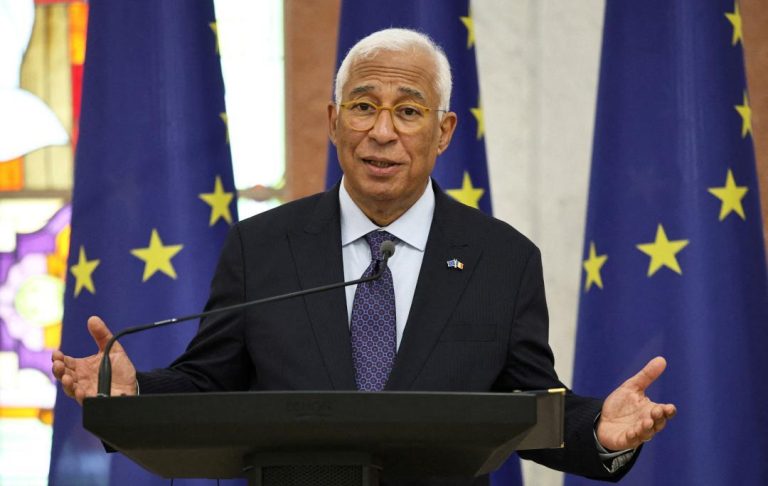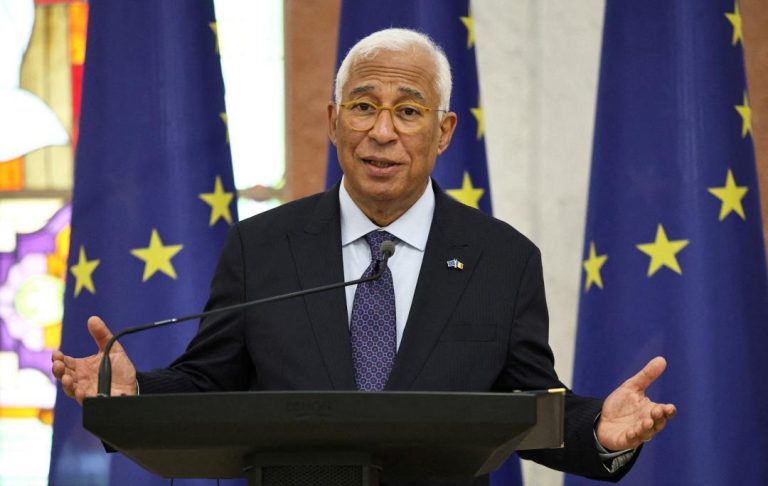
You Can’t Run Pakistan Without US Help & You’re Trying to Stare Us Down: Owaisi to Bhutto
The recent statement by Pakistani politician Bilawal Bhutto, threatening that “blood will flow” if India does not vacate Kashmir, has sparked a heated debate in the region. In a sharp response, AIMIM chief Asaduddin Owaisi has lashed out at Bhutto, saying that Pakistan cannot run the country without the help of the United States and that Bhutto is trying to stare down India. In this blog post, we will delve into the context of the statement, examine the implications, and analyze the reactions of key stakeholders.
Context of the Statement
Bilawal Bhutto, the chairman of the Pakistan Peoples Party (PPP), made the statement during a rally in Islamabad, where he claimed that the recent Pahalgam attack, which killed several Indian soldiers, was a result of India’s alleged failure to vacate Kashmir. He also threatened that “Indus is ours…either our water will flow…or their blood.” The statement was met with widespread condemnation from both sides of the border, with many viewing it as a provocative and inflammatory remark.
Owaisi’s Reaction
In response to Bhutto’s statement, AIMIM chief Asaduddin Owaisi lashed out at him, saying that Pakistan cannot run the country without the help of the United States. “Unless US gives you something, you cannot run the country and you’re trying to stare us down,” Owaisi said. He also questioned Bhutto’s motives, saying that terrorism had killed his mother (Benazir Bhutto) and asked what Bhutto would explain to his children about their mother’s death.
Owaisi’s statement is a stark reminder of the reality of Pakistan’s dependence on foreign aid, particularly from the United States. Pakistan has been a major recipient of US aid, with billions of dollars being pumped into the country every year to support its military and economic development. Despite this, Pakistan’s economy continues to struggle, and the country is often at the mercy of its foreign donors.
Implications of the Statement
Bhutto’s statement has significant implications for the region. Firstly, it has escalated tensions between India and Pakistan, which were already at a boiling point. The statement has also been seen as a provocation by many, including Owaisi, who has accused Bhutto of trying to stare down India.
Secondly, the statement highlights the ongoing dispute between India and Pakistan over Kashmir. The region has been a flashpoint for decades, with both countries claiming ownership of it. The recent attacks in Pahalgam and other parts of Kashmir have only added to the tensions, and Bhutto’s statement is likely to further exacerbate the situation.
Thirdly, the statement raises questions about Pakistan’s ability to govern itself. Bhutto’s statement is a stark reminder of Pakistan’s dependence on foreign aid, and the country’s inability to run its own affairs. This is a concern not just for Pakistan, but for the region as a whole, as it highlights the instability and uncertainty that can come from a country that is heavily dependent on foreign aid.
Conclusion
In conclusion, Bhutto’s statement has sparked a heated debate in the region, with many viewing it as a provocative and inflammatory remark. Owaisi’s response, while sharp, highlights the reality of Pakistan’s dependence on foreign aid and its inability to run its own affairs. The statement has significant implications for the region, including the escalation of tensions between India and Pakistan, and the ongoing dispute over Kashmir.
As the situation continues to unfold, it is essential for all stakeholders to remain calm and to engage in constructive dialogue. The region cannot afford to be plunged into chaos and instability, and it is up to all parties to work together to find a peaceful solution to the ongoing disputes.






